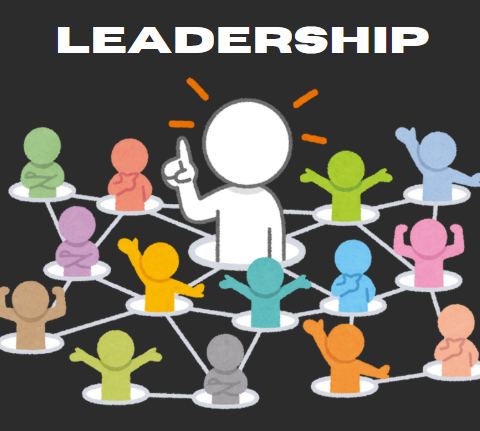4 important techniques of Mental Preparation: Confidence training, Self- Talk, Visualization and Goal- setting
Introduction to Mental Preparation Mental preparation is equally important as physical training for athletes seeking to reach top performance levels. It encompasses the cultivation and refinement of mental abilities that



